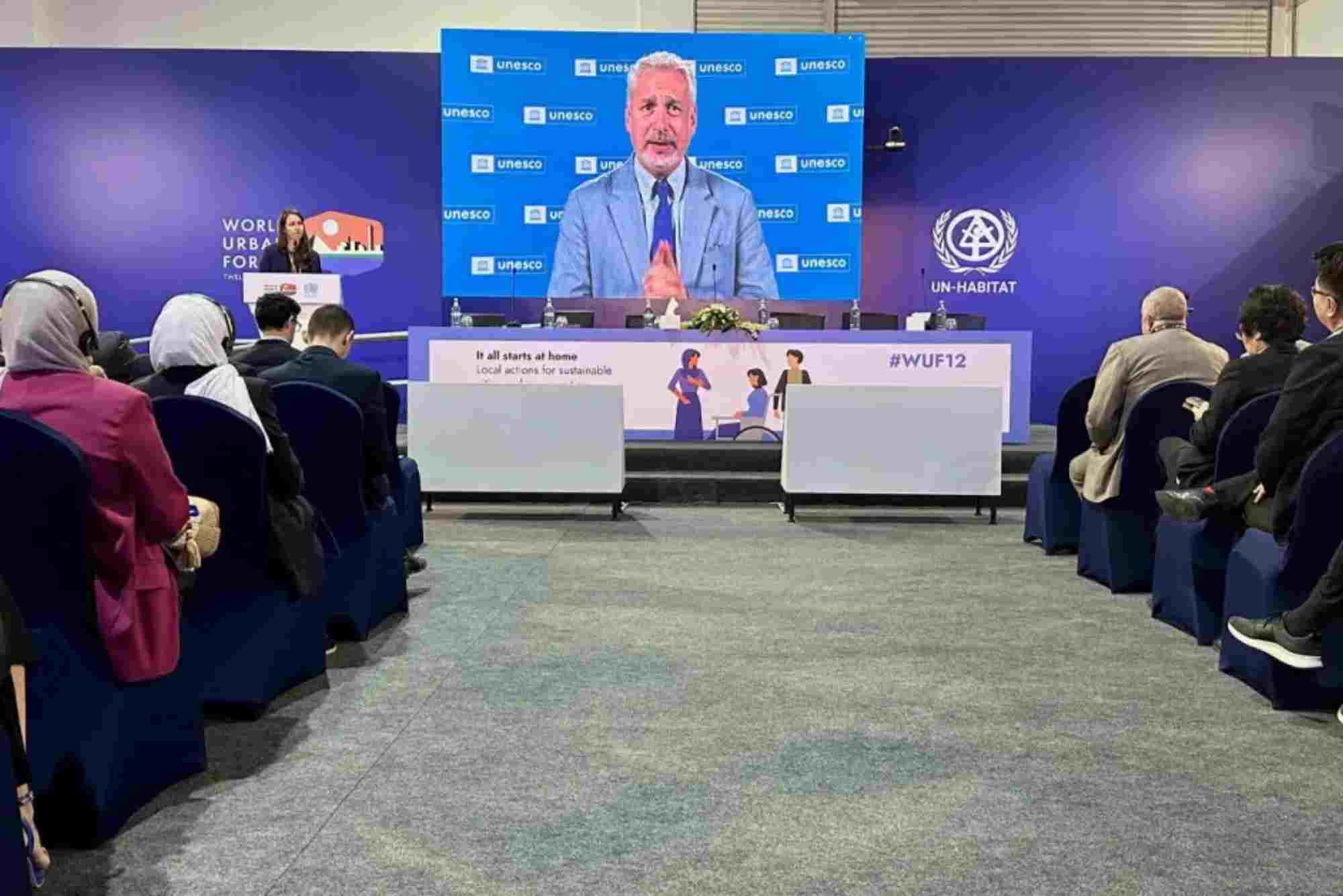Workforce Reskilling Pacts Form Between Industry and Universities for AI Roles
Major Industry-University Partnerships Launch to Address AI Skills Gap
SAN FRANCISCO – November 19, 2025 – A wave of landmark workforce reskilling agreements between leading technology corporations and public university systems is reshaping how American workers prepare for artificial intelligence-driven careers, with commitments to train over 2 million students and countless professionals in AI competencies by 2030.
The partnerships, formalized through memoranda of understanding between companies including Google, Microsoft, IBM, and Adobe with California’s public higher education systems, represent the largest coordinated effort to date addressing the critical shortage of AI-ready talent. Under these agreements announced in August, the California Community Colleges and California State University systems will integrate AI curriculum, certification programs, and hands-on training at no cost to the state or students.
The urgency is underscored by unprecedented labor market transformation. According to a July 2024 industry report from the AI-Enabled ICT Workforce Consortium, 92% of technology roles are evolving due to AI integration, requiring significant reskilling of existing workers and new training pathways for entering professionals . The consortium, which includes Cisco, IBM, Intel, Microsoft, and Google, projects AI will impact 95 million jobs globally over the next decade, making these educational partnerships essential for economic competitiveness.
“The next workforce of the world is going to be an AI-empowered workforce,” said Dinesh Nirmal, senior vice president of products at IBM Software, during the partnership announcement. “How do we train the students? How do we help the teachers and educators? And finally, how do we make sure the accessibility and the opportunities are available for everyone?”
Industry commitments demonstrate massive scale. IBM has pledged to skill 30 million individuals worldwide by 2030, including 2 million in AI by the end of 2026. Microsoft already exceeded its goal to certify 10 million people in digital skills by 2025, reaching 12.6 million a year ahead of schedule. Google recently committed $130 million globally for AI training initiatives, while Intel aims to empower 30 million people with AI skills by 2030.
The California model serves as a blueprint for national expansion. Microsoft is rolling out AI and cybersecurity boot camps statewide, while offering Microsoft Copilot training to faculty. IBM’s SkillsBuild platform provides free AI, data science, and cybersecurity credentials. Google supplies AI training programs and its Career Certificates to every participating college student. Adobe contributes its Firefly generative AI platform and Express tools, emphasizing creative applications of AI literacy.
Federal support is accelerating these efforts. The U.S. Department of Labor announced a $30 million Industry-Driven Skills Training Fund in August 2025, with $8 million dedicated to helping state workforce agencies develop AI training programs. This aligns with the administration’s “America’s Talent Strategy” report, which emphasizes AI readiness as essential for maintaining competitive advantage.
Research reveals both opportunity and risk. The 2024 Work Trend Index found 66% of business leaders now refuse to hire candidates without AI skills, while employees increasingly seek reskilling opportunities. However, a DeVry University report released August 27, 2024, identified a critical gap: though 87% of employers offer upskilling programs, only 55% of workers actively participate, and workers consistently overestimate their AI proficiency compared to employer assessments.
“AI is reshaping the future of work, revolutionizing industries, transforming government services and creating entirely new career paths,” said Matthew Schneider of Google Public Sector. “Fair access to next-generation workforce training tools is one important strategy to build economic opportunities for all.”
These partnerships extend beyond California. The CSU system reports over 100 public universities nationwide have already signed similar agreements, including University of Michigan, Ohio State, and entire university systems in Texas, North Carolina, and Pennsylvania. The movement represents a fundamental shift from voluntary corporate philanthropy to structured, outcomes-based workforce development pacts with measurable targets.
Implementation challenges remain. Faculty must balance AI integration with preserving critical thinking development, and programs require rigorous evaluation to ensure efficacy. However, with 2.1 million community college students in California alone gaining access—and millions more nationwide—these partnerships position American workers to lead rather than follow the AI transformation.
About the National Workforce Innovation Council
The National Workforce Innovation Council is a non-profit research and advocacy organization dedicated to analyzing public-private partnerships in workforce development. NWIC tracks industry commitments, measures program outcomes, and provides policy recommendations to ensure equitable access to emerging technology skills training. Founded in 2023, the council serves as an independent authority on workforce transformation initiatives.
Media Contact
Sarha Al-Mansoori
Director of Corporate Communications
G42
Email: media@g42.ai
Phone: +971 2555 0100
Website: www.g42.ai







